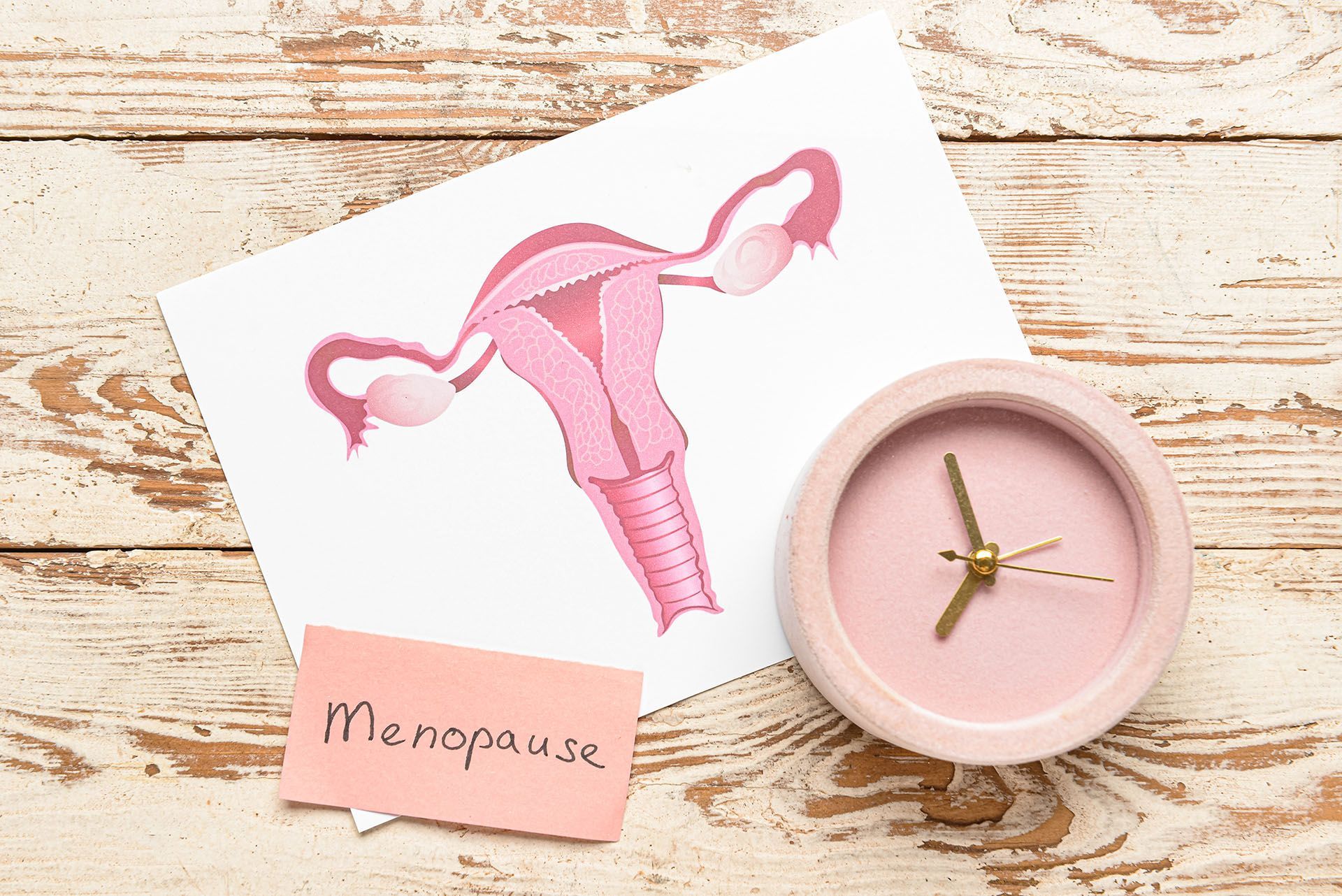Crohn's Disease: A Simple Guide
Crohn's disease is one type of inflammatory bowel disease (IBD). It is a chronic condition causing inflammation in the digestive tract. Unlike ulcerative colitis, Crohn's disease can affect any part of the gastrointestinal tract, from the mouth to the anus. Common symptoms include persistent diarrhea, abdominal pain, fatigue, and unintended weight loss. These symptoms can vary in severity and may come and go, impacting the daily lives of those with the condition.
Diagnosing Crohn's Disease
Getting a diagnosis for Crohn's involves a combination of steps. Doctors review medical history, perform physical exams, and conduct blood tests, stool tests, imaging studies, and endoscopies looking at the inner lining of both the upper GI tract and lower GI tract. Often biopsies will be taken during endoscopy to help obtain an accurate diagnosis. These tests help healthcare professionals pinpoint the location and extent of inflammation, providing a clear picture for tailored treatment plans.
Who's at Risk?
Crohn's disease can affect people of any age, but it often surfaces in teens and young adults. Those with a family history of Crohn’s disease, Jewish heritage, or a history of smoking may face an elevated risk. Recognizing these factors in combination with symptoms are crucial for early intervention and rapid initiation of treatment. If you are experiencing abdominal pain, fatigue and unintended weight loss and you have a family history of IBD, specifically Crohn’s disease, consulting with your primary care doctor, a gastroenterologist or a colorectal surgeon to get you on the path toward diagnosis and treatment.
SEARCH POST:
RECENT POSTS:


Join Our NewsLEtter
Never miss an update from Houston Community Surgical
Join Our Community
We will get back to you as soon as possible.
Please try again later.
Houston Community Surgical is a specialty practice that provides general and colorectal surgery services to the greater Houston community. Learn more about how our practice can help you.
Contact Info
Address:
427 W. 20th Street, Suite 710, Houston, Texas 77008
Call/Text: 832-979-5670
Fax: 832-346-1911
Quick Links
Office Hours
- Mon - Fri
- -
- Sat - Sun
- Closed

All Rights Reserved | Houston Community Surgical | Privacy Policy
Website created by True Digital Marketing



